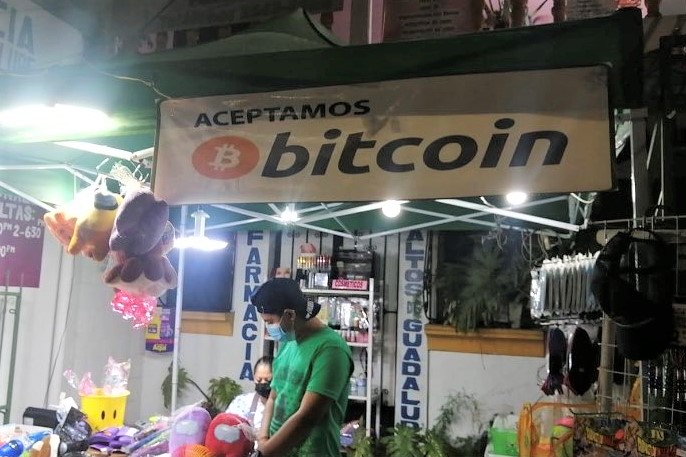El Salvador’s President, Nayib Bukele, has become the talk of the crypto town, but some domestic experts have raised the alarm about the clause in his new bitcoin (BTC) bill that stipulates merchants must accept BTC as payment when requested by a customer.
Particularly concerning, they claim, is his insistence in a recent live online Q&A session that “if there is a lady who sells fruit in the market, she is obliged to receive payment in bitcoin” – with only the promise of a government fund that will convert BTC payment into USD as a backup.
But one detail many critics have appeared reluctant to look into is the fact that a small community of Salvadorian “fruit sellers” and the like have been operating in an entirely BTC-powered economy since early 2020 – albeit with no shortage of support from overseas tech entrepreneurs.
As reported last year, the Bitcoin Beach project, which operates in El Salvador’s El Zonte (population 3,000), received support from an anonymous donor and a San Diego resident who “spends up to nine months of the year volunteering in El Zonte.”
But the project claims it has seen the entire local community embrace BTC – for both in-store settlements and as payments for bus services and youths who take part in garbage-removal projects.
The Bitcoin Beach investors, who also make use of Lightning Network-powered solutions, have gone on to inject BTC-powered funds into another, nearby village named Punta Mango.
Per La Prensa Grafica, Bukele said:
“De-dollarizing would solve nothing. What [we] are trying to do is attract investors to our country.”
Perhaps crypto investors – and on a grander scale than the El Zonte investors.
The President recently retweeted a post that claimed the Bitcoin Beach founders had “planted the seed of [BTC adoption] in El Salvador years ago.”
Bukele and his political allies have kicked the door wide open, and some have already expressed a tentative interest in coming through.
ElSalvador.com, the publisher of the El Diario de Hoy newspaper, reported from El Zonte, where it says 35 merchants are now accepting BTC payments – on their mobile phones.
The media outlet quoted a cafe owner named Rosalina Franco, 54, as explaining that her adventure began at the end of 2019, when “some young boys came to eat here and told me about this coin.”
Franco stated:
“Before they came, I’d never heard of bitcoin before.”
Franco added that during the height of the coronavirus pandemic, her business and others in El Zonte “stayed afloat” thanks to BTC support from Bitcoin Beach.
Franco claimed that accepting BTC let her sales increase, as tourists have remained keen on the idea of instantaneous payment, helping her boost supplies and hire more staff.
However, Franco is not quite a HODLer. She claimed that her strategy with her BTC earnings was to “have patience” and wait for BTC prices to rise before exchanging her tokens for dollars at a local Bitcoin ATM.
Regardless, the media outlet stated that “foreigners who come to surf at El Zonte and some locals” find it “easier” to pay for local specialties like pupusas (a popular thick griddlecake) using BTC – and that people like Franco are happy to oblige.
____
Learn more:
– IMF Not Happy About El Salvador Bitcoin Move
– El Salvador Brings New Global Puzzle – What Is Bitcoin & How To Tax It?
– Latin American MPs Widen Overton Window For Bitcoin
– Bitcoin Is More ‘Public’ Money than Central Bank-Issued Fiat Currencies
– Bitcoin Mass Adoption Would Benefit and Harm Current Economy
– Understanding What Turned El Salvador’s President Bukele on to Bitcoin
Credit: Source link











































































































































